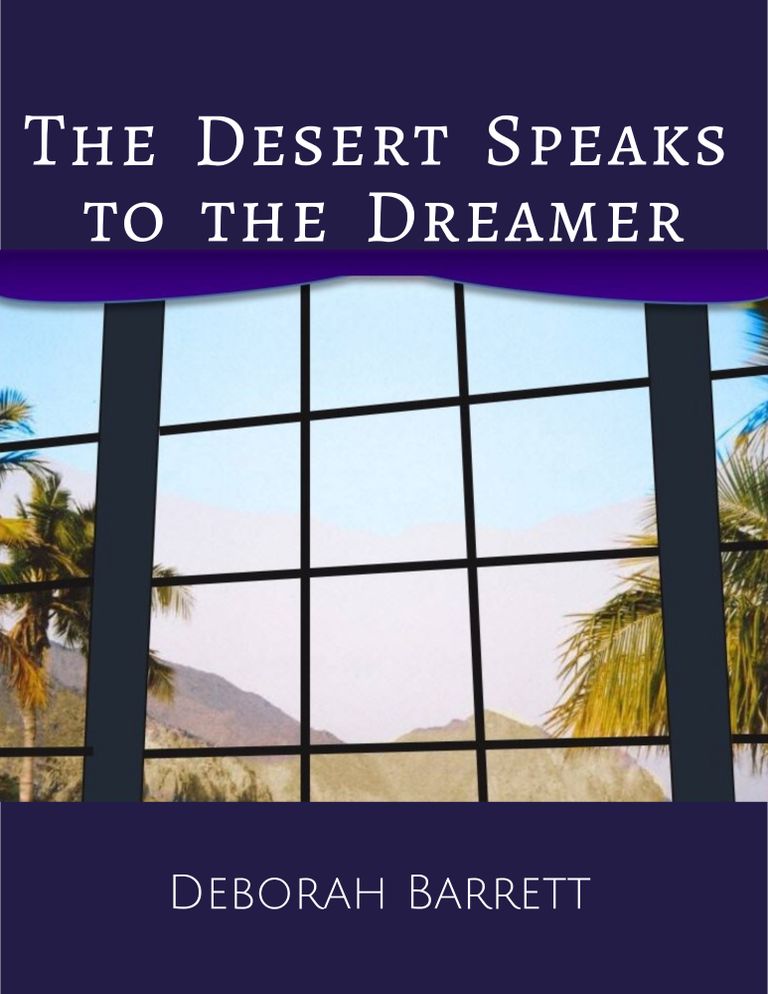
Deborah's
chapbook of
poetry.
Published
by Finishing Line
Press, 2019.
https://www.finishinglinepress.com/
product/the-desert-speaks-to-the-
dreamer-by-deborah-barrett/
Title Poem - Photo of Dubai
The Desert Speaks to the Dreamer
The rooster's crowing followed the Call to Prayer,
or was the crowing first, and then the call?
In her dove-white feathered bed, the dreamer
drowses while the two echo on top of each other
as if practiced every day to ensure perfect harmony:
One, the melodic sounds of a man, like an operatic aria
bringing the world alive to honor the Maker;
the other, sharp and urgent, like a jazz trumpet,
compelling all creatures to awaken.
Together their voices arouse the sleeper,
drawing her from unconsciousness,
lifting her from soft surrounding.
Her hands wipe the sand from her eyes.
Her tongue licks the brine from her lips.
Her feet recoil from the cold marble floor.
Pulled to the window to see the sun rising
over the desert, she leaves behind her dream
of an ocean rolling with diamond-capped waves
smashing against her body as she swims to shore.
Poem inspired by Acadia
National Park in Maine
From The Desert Speaks to the Dreamer
The Greens of Acadia
The green surrounds, carpets the trail we walk.
The sun streaks through the leaves’ tree-top abode.
The smells of pine and fir, sounds of soft talk,
like the trees whisper in a secret code,
encroaching humans cannot comprehend.
Leaves pale green of an avocado’s heart
to the dark of the avocado’s skin,
their diverse arras framing nature’s art.
Then, deeper in, where sunlight cannot go
the other side of green emerges—decay,
algae, fungi, lichens, mold, taking hold,
spreading like veins through the body of their prey.
The Acadia forest, heaven of green,
nurtures life, death, the spiritual between.
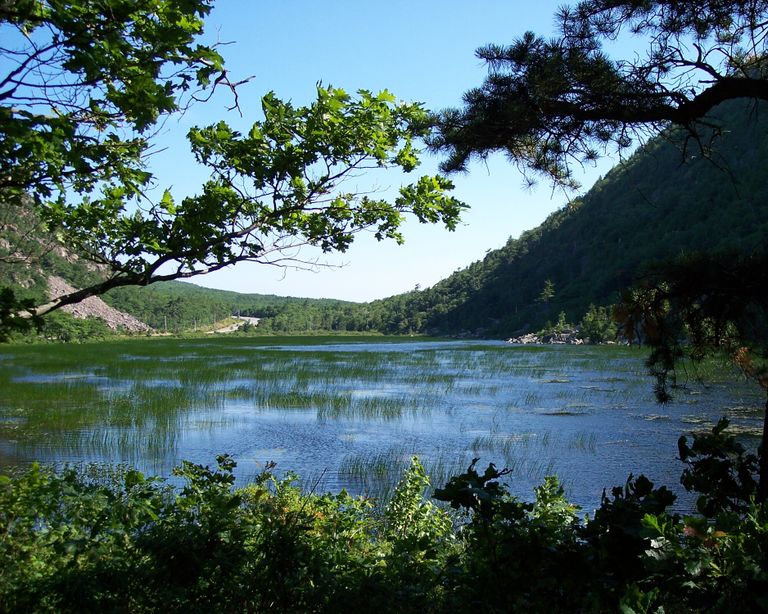
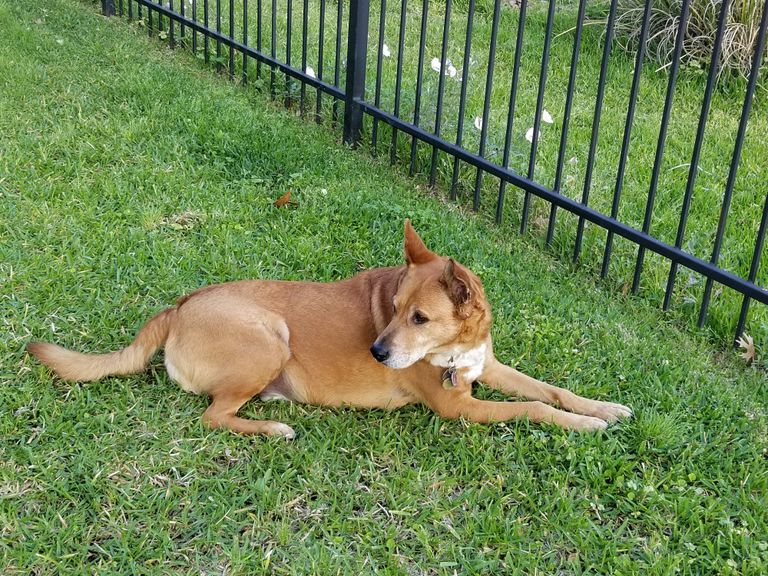
Winter Walk in Houston Heights
He prances out the gate, pausing to rotate his head
left then right, before his nose, now covered
by a silver beard, propels him south. I follow,
his leash in hand. The dawn of winter greets us—
A softened Sol rises above houses to the east,
birds send warnings in the tops of bare trees,
squirrels, pecans in mouths, rush up to join.
He sets a pace of purpose, slowing to smell scents
along the trail bordered by pocket prairies, butterfly
gardens of milkweed and lantanas, and trees of palm-
shaped yellow sycamore leaves, green pine needles,
empty oak arms reaching to the sky. He hesitates, ears
at attention for the whispers of creatures only he can
detect, when we cross the bridge over the muddy bayou.
Above the trees, the downtown buildings tower
in the distance, their windows like mirrors reflect
the sun’s rays across the cityscape and beyond.
He stops, tilts his head, and lifts his brown eyes
to look in mine as if to tell me it is time to leave.
We turn in harmony, and my four-legged, loving
companion leads me back home.
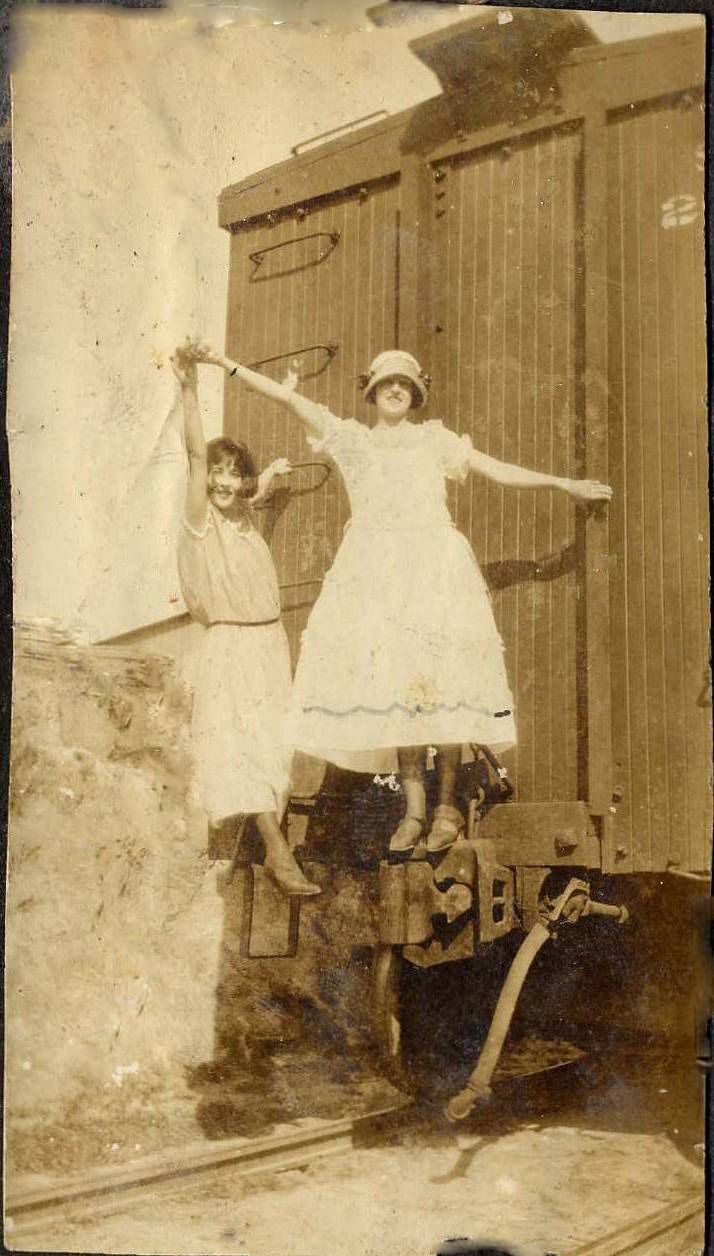
My mother and a friend in 1920.
Poem Inspired by My Mother
Leap Year
In love letters to my father from her college dorm,
my mother professes to love only him, proposing
to him during leap year when custom allowed
women to make the first move. She wrote,
“You, my love, cannot say no.” They eloped
soon afterward. In the sepia photo I now hold,
I see that young woman before they married.
She hangs off a ladder on the back of a brown
freight train boxcar. She smiles, leaning away
from the car with one foot on a rung, the other
extended, pointing to the ground. Her left hand
grasps the ladder, her right arm stretches out
to meet the hand of a friend standing with her.
Both wear white lace dresses, pearls, stockings,
leather dress shoes. A hat covers her friend’s head.
My mother’s hair flies free, bobbed in a roaring
twenties cut. Her stance creates the illusion of
flying with the train as it rumbles down the tracks.
But the train is not moving. Dressed in such finery,
was she playing her role of the party girl all boys
wanted to court, hearing the tune she claimed they
sang for her, miss “five foot two, eyes of blue,”
while the train’s horn echoes in the background,
and the young woman fades into her future?
Want to Read More . . .

“The Last Christmas,” Shifts: An Anthology of Women’s Growth Through Change.
https://musewrite.com/shifts
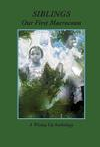
“Am I My Sister’s Daughter,” Siblings: Our First Macrocosm: A Wising Up Anthology
http://www.universaltable.org/libraryanthologiesgz/siblings.html
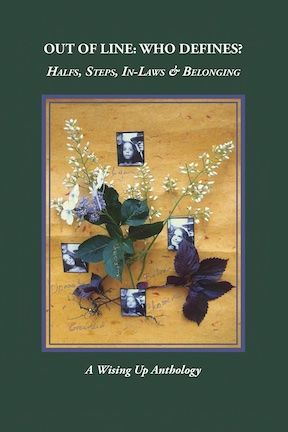
Read Deborah's essay, "The First Meeting" in Out of Line: Who Defines." Available at the following link:
http://www.universaltable.org/libraryanthologiesgz/outoflinewhodefines.html
Published August 2024.
Families! What would we be without them? What are we inside them? Which, if there are—and there always are—several definitions of family to choose from is the "real" one? Obviously, it's the one that establishes our existential legitimacy, the one that assures us of our wantedness, our full inclusion. But it's not that straightforward. We choose a partner, become core to an origin story, and, at the same time immediately became in-laws, fringe players in someone else's story. This is even more true with step attributions. What is the impact of being defined as "step" to your own sense of loyalty, responsibility, affection, belonging? What is the effect of defining someone else that way in terms of their sense of sense of centrality, stability? Are step attributions useful, accurate, or even relevant when 50% of American families are remarried or recoupled? Thirty-nine contributors explore through stories, essays, memoirs and poems the intricacies of the in-law and step-conditions from every position and what it means for those many of us who oscillate between these conditions, often in more than one family constellation.
More Publications of Deborah's Work to Read
Links below the titles will take you to the publication website
“Vanishing Beauty and Freedom”
“The Peacocks and the Sisters”
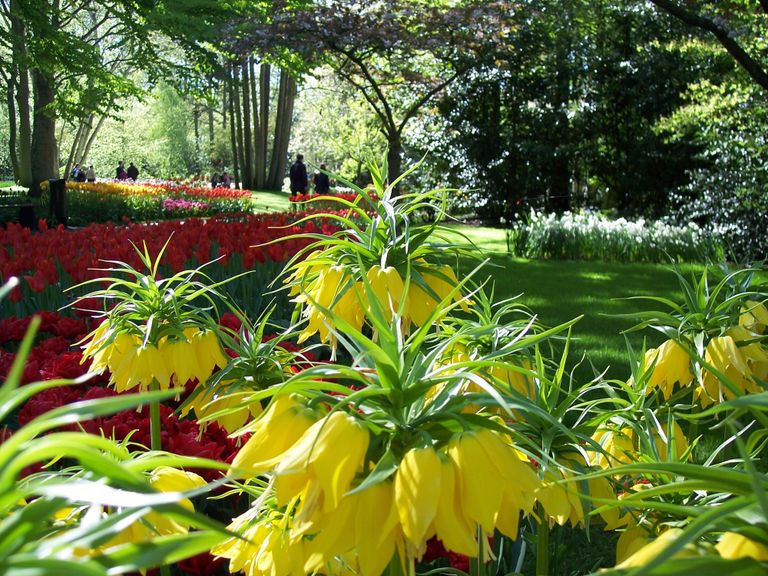
“Transcendence”
“The Bed I Made” and “Unchained Memories”

Leadership Communication
4th edition.
To buy a copy, go to Amazon or McGraw-Hill links below:
https://www.amazon.com/Leadership-Communication-Deborah-Barrett/dp/0073403202
https://www.mheducation.com/highered/product/leadership-communication-barrett/M9780073403205.html